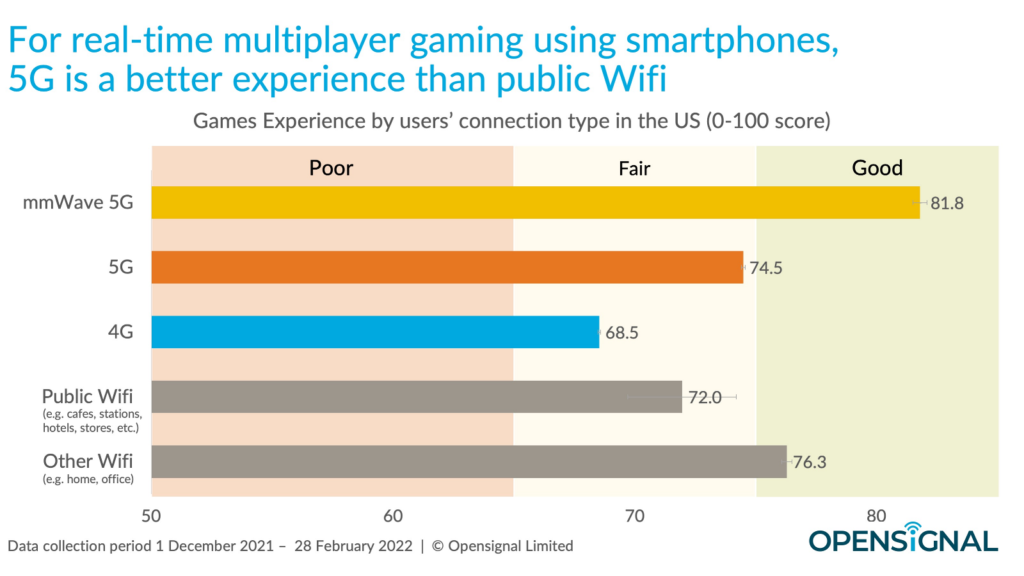The field of quantum computing is making significant progress, but there are still major hurdles to overcome in order to understand its impact on society. Errors and noise have been a challenge for quantum computers, causing qubits to lose their quantum state and computation ability. Quantum researchers are working on ways to control quantum states, essential for solving complex problems.
A research team at Chalmers University of Technology has developed a system that addresses this challenge, paving the way for longer computation times and more robust quantum computers. This system enables complex operations on multi-state quantum systems at unprecedented speeds, providing a solution to the control dilemma.
Unlike classical computers with bits that have values of 1 or 0, quantum computers use qubits that can have values of 1 and 0 simultaneously due to superposition. However, qubits are prone to errors, leading researchers to develop systems for error correction. The system at Chalmers University of Technology uses resonators and microscopic components to linearly encode information, offering a solution to error and noise issues.
The system employs an oscillator based on a continuously variable quantum computing approach, using resonators and control systems to manipulate quantum states. By overcoming the Kerr effect, the system provides precise control of quantum states at high speeds, leading to novel gate operations and potentially more advanced quantum computers.
The research, published in Nature Communications, challenges the traditional approach by embedding control devices within the oscillator to avoid scrambling quantum states. This innovative system opens up new possibilities for quantum computing, offering faster and more efficient operations.
Journal reference:
- Axel M. Eriksson, Théo Sépulcre, Mikael Kervinen, Timo Hillmann, Marina Kudra, Simon Dupouy, Yong Lu, Maryam Khanahmadi, Jiaying Yang, Claudia Castillo-Moreno, Per Delsing & Simone Gasparinetti. Universal control of a bosonic mode via drive-activated native cubic interactions. Nature Communications, 2024; DOI: 10.1038/s41467-024-46507-1



